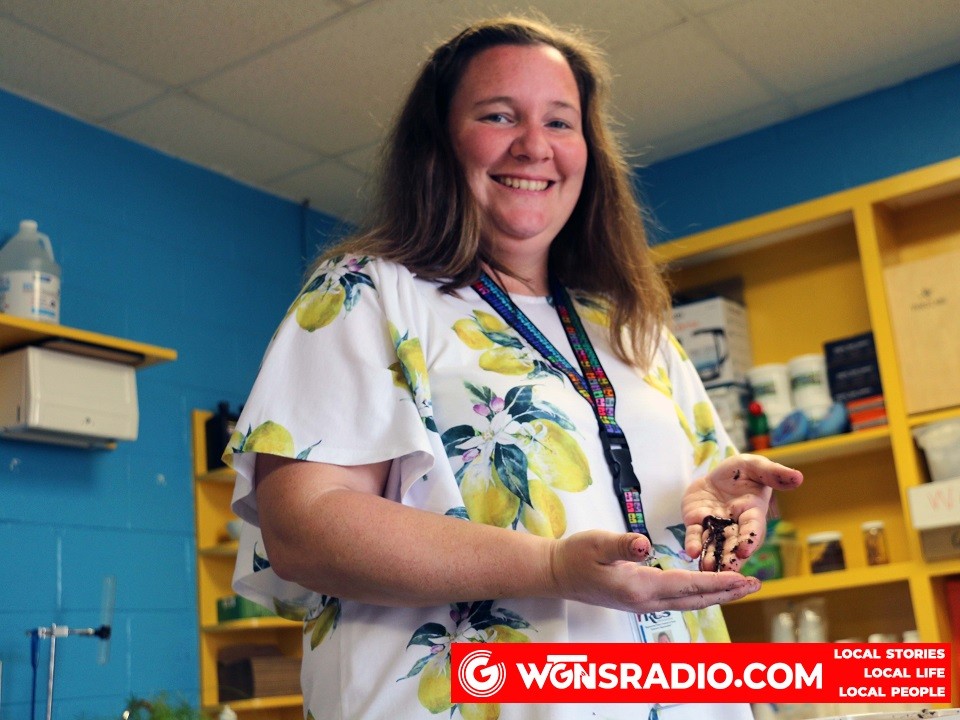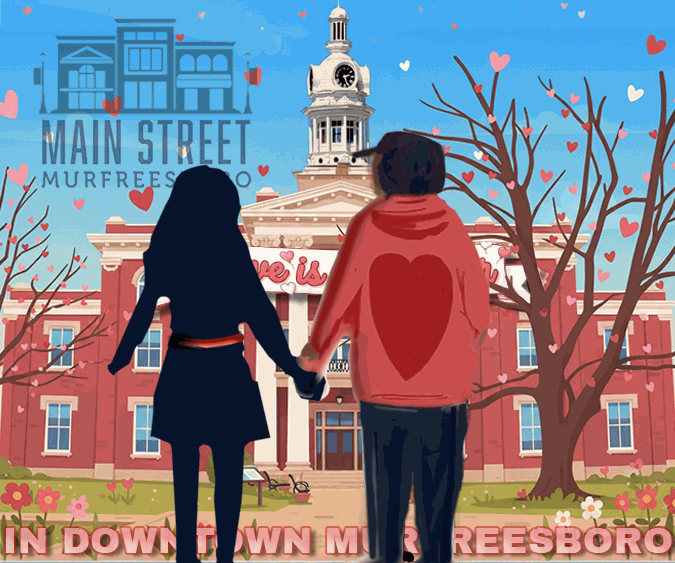By GRAYSON LEE MAXWELL
Rutherford County Schools
Victoria Fulton is the high school science teacher at Daniel-McKee, a Rutherford County alternative school. She recently applied for and received a science grant from Society for Science and is applying the grant directly to her hands-on instruction practices in the classroom. With a room full of critters and a group of students who are invested in learning, Fulton details how she engages students in this Q&A:
Q: Tell me about how you received this grant:
A: I applied for it — for some equipment for biology. It came with water monitoring, a monitoring kit, digital trail cameras, and some kits for electric currents and things. We’re going to do the trail cameras, go out and keep track of the wildlife and see how it has changed over the years. Also, we will track population growth, since they’re developing the area right behind the school. Society for science is the one giving the grant.
Q: What other projects are you currently working on with students?
A: With biology students are making a self-contained ecosystem. So, they’ll take 2 liters and put them together and have a terrestrial and an aquatic system connected. They’re supposed to last up to a year, so the students are going to come up with their plans and what animals they want to include in the ecosystem (from fish, rolly pollies, earthworms and snails).
Q: What makes students more invested in this type of learning as opposed to just reading out of a textbook.
A: They get their hands on it. They don’t usually get to do a lot of hands-on activities, especially our students. They get left out of labs a lot of times because they’re not at school. So, between their transitions and things, they miss out and don’t get as much with their hands on. My goal coming into my first year of teaching was to get more labs for them and give them experiences. So, for example, with the trail cameras from the grant. They’ll be able to go out and look at the stuff and then the ecology project with the ecosystem. They’ll get to do their hands on things with that too.
Q: How would you describe the students here?
A: They’ve always got a story to tell. We have smaller classes than most schools, so once they get here, they get more of that one-to-one teaching. I’ve gotten emails from other science teachers saying, “You know we thought the kids there would be behind ... they’re actually ahead and helping out the other classmates. It makes them feel proud because they know this stuff. So, in my chemistry classes they really like getting up and doing hands-on work on the board. I think it helps increase that learning they don’t necessarily get in a class full of 30.
Q: Is it hard for you to let go of some of the students when they transition?
A: Definitely. There’s a few. It’s hard to do the rotation because this project we’ve had for some kids that were looking forward to it. But they went back yesterday and then we’ve got some that will come in. In these next couple days that’ll be excited to get into it.
Q: What else do you have in your classroom?
A: I‘ve got earthworms, rolly pollies, and fish and snails. These are the ones I dig out of the yard. My four year old likes to help me collect the animals. I’ll dig them up and bring them in to show the kids because they like to see them. We do have a python here too. It’s in my mom's classroom. She’s been at Daniel McKee for 26 years. She teaches middle school science. So I get the high schoolers. She gets the middle schoolers.
Q: Do you think Daniel McKee affords you unique opportunities to teach kids?
A: I get to take more time. I’ve got biology, which is the tested subject, so we have to keep on track with that one. But chemistry I get more time to slow it down and actually make sure the kids understand it. I like dealing with the smaller classes because you get to do more hands-on. I feel like you can direct students more and guide them more. You learn more about them as people, and connecting with them is a little easier.





